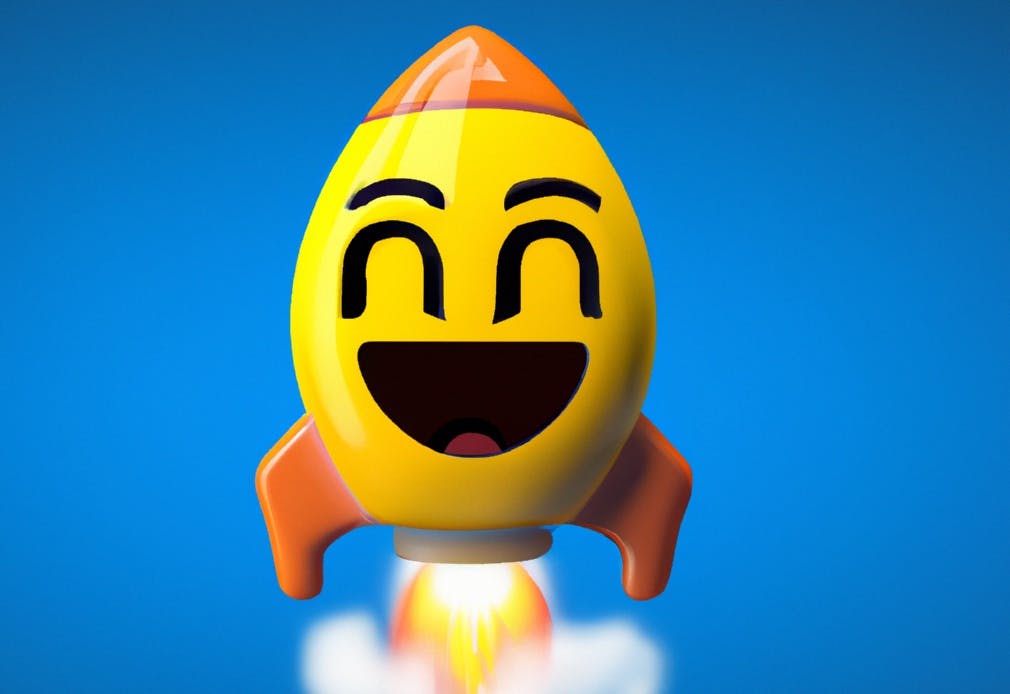Audio Presented by

John Hughes is an inventor, entrepreneur, product leader and co-founder and General Partner at Swift Ventures
Story's Credibility

About Author
John Hughes is an inventor, entrepreneur, product leader and co-founder and General Partner at Swift Ventures
